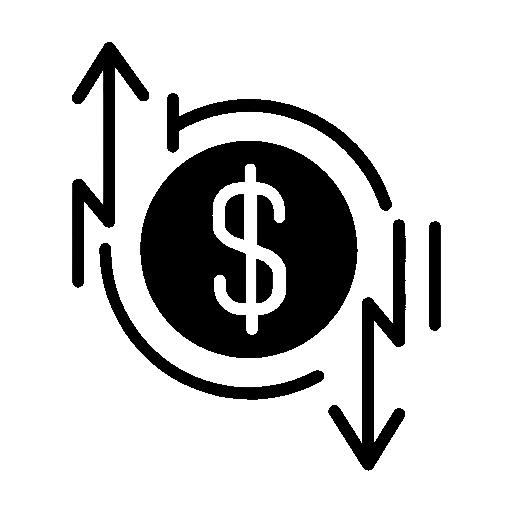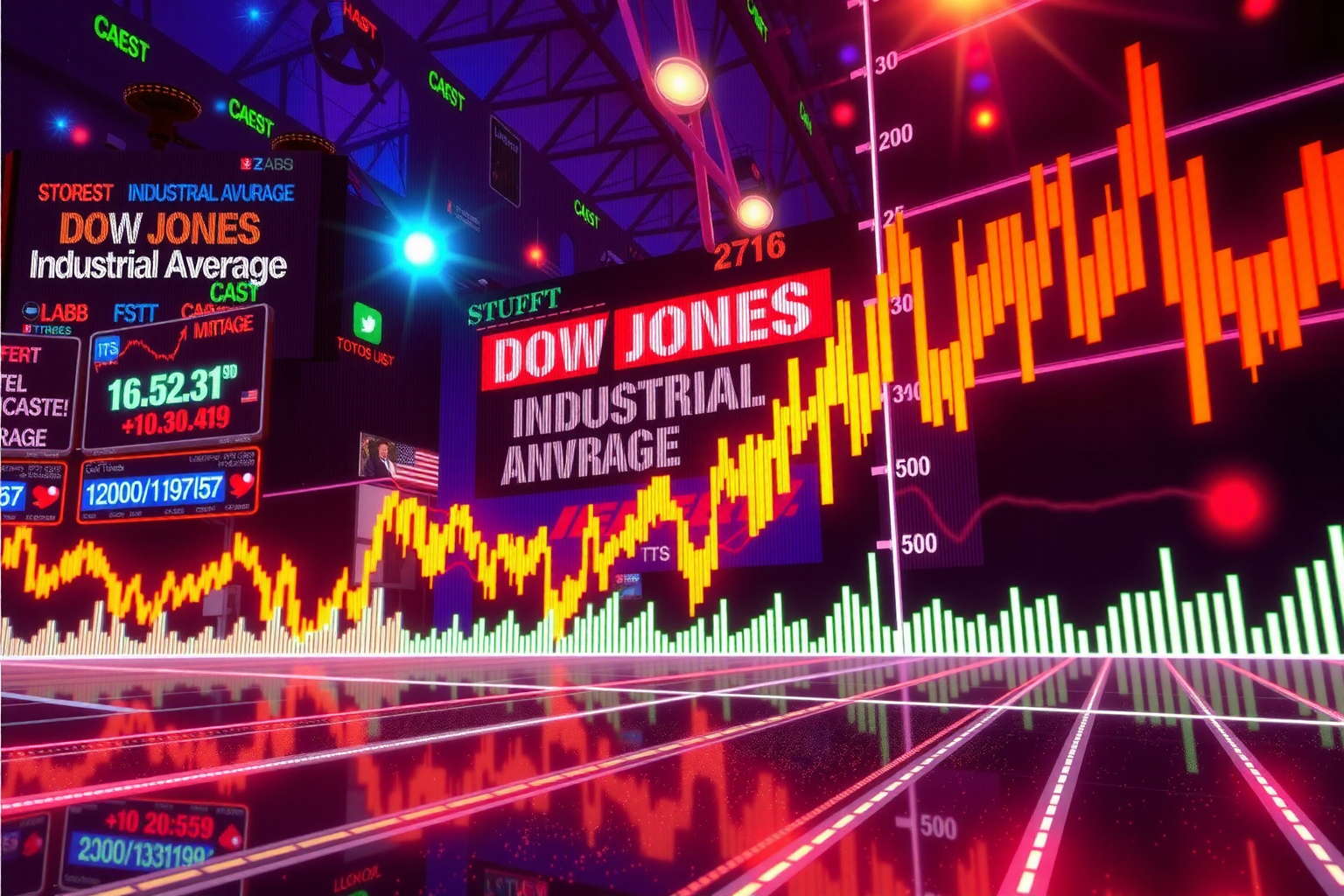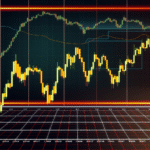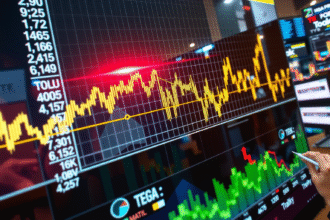The Dow Jones Industrial Average, commonly abbreviated to the Dow, is one of the most widely used barometers of the American economy. It is a nearly 125-year-old stock market benchmark that measures the performance of 30 blue-chip companies traded on the New York Stock Exchange and Nasdaq. Based in New York City, the Dow is considered by many investors as a reliable indicator of the economy’s overall health.
The Dow Jones Industrial Average (DJIA) was created by Charles Dow, who was the first finance editor of The Wall Street Journal, and his partner Edward Jones. It was first created in 1896, as a way to track the performance of the United States economy. The Dow Jones Industrial Average is a weighted average, meaning that the prices of the stocks with higher share prices are given more weight in the index calculations.
<br
What are the Companies in the Dow Jones?
The thirty components of the Dow are some of the most widely traded and respected companies in the world. Some of them include Apple, IBM, Microsoft, and Visa, just to name a few. The components are selected by the Dow’s editors based on their stock price, their market capitalization, and the sector they belong to. The companies that are added to the index rarely change, as they must undergo significant changes to their business operations before they are dropped.
<br
What Moves the Dow?
The Dow moves up and down in response to several factors, such as GDP numbers, corporate earnings, interest rate decisions, and geopolitical events. Investors and analysts alike rely on the Dow to gauge the health of the US economy.
<br
How to Trade the Dow?
Trading the Dow can be an extremely lucrative endeavor, but it comes with its own set of risks. Traders can buy and sell certain stocks and use options and futures to take advantage of price moves. There are also a number of exchange-traded funds (ETFs) related to the Dow Jones, which allows investors to diversify their exposure to the index without having to buy individual shares.
<br
Risks and Limitations of the Dow
The Dow Jones Industrial Average has some limitations. The most significant is that it is a weighted average, which means that companies with higher stock prices have more weight in the index. As a result, the Dow does not give a true picture of the economy, as it is biased towards larger companies and does not give an accurate representation of smaller companies. Additionally, the 30 companies in the Dow can change over time, so the performance of the index depends on the performance of the companies actually in the index.
<br
The Role of the Dow in Investing
Despite its limitations, the Dow Jones Industrial Average is still an important benchmark for investors and analysts alike. It gives them a reliable indicator of how the economy is doing and helps them make investment decisions. Additionally, the Dow can be a useful indicator for technical traders, as it can provide them with valuable information about stock price movements.
<brBy arming yourself with knowledge about the Dow Jones Industrial Average, you'll be better able to make informed investment decisions. Whether you're an individual trader or an institutional investor, understanding the Dow and its role in the stock market can provide you with valuable insights into the wider economy.








